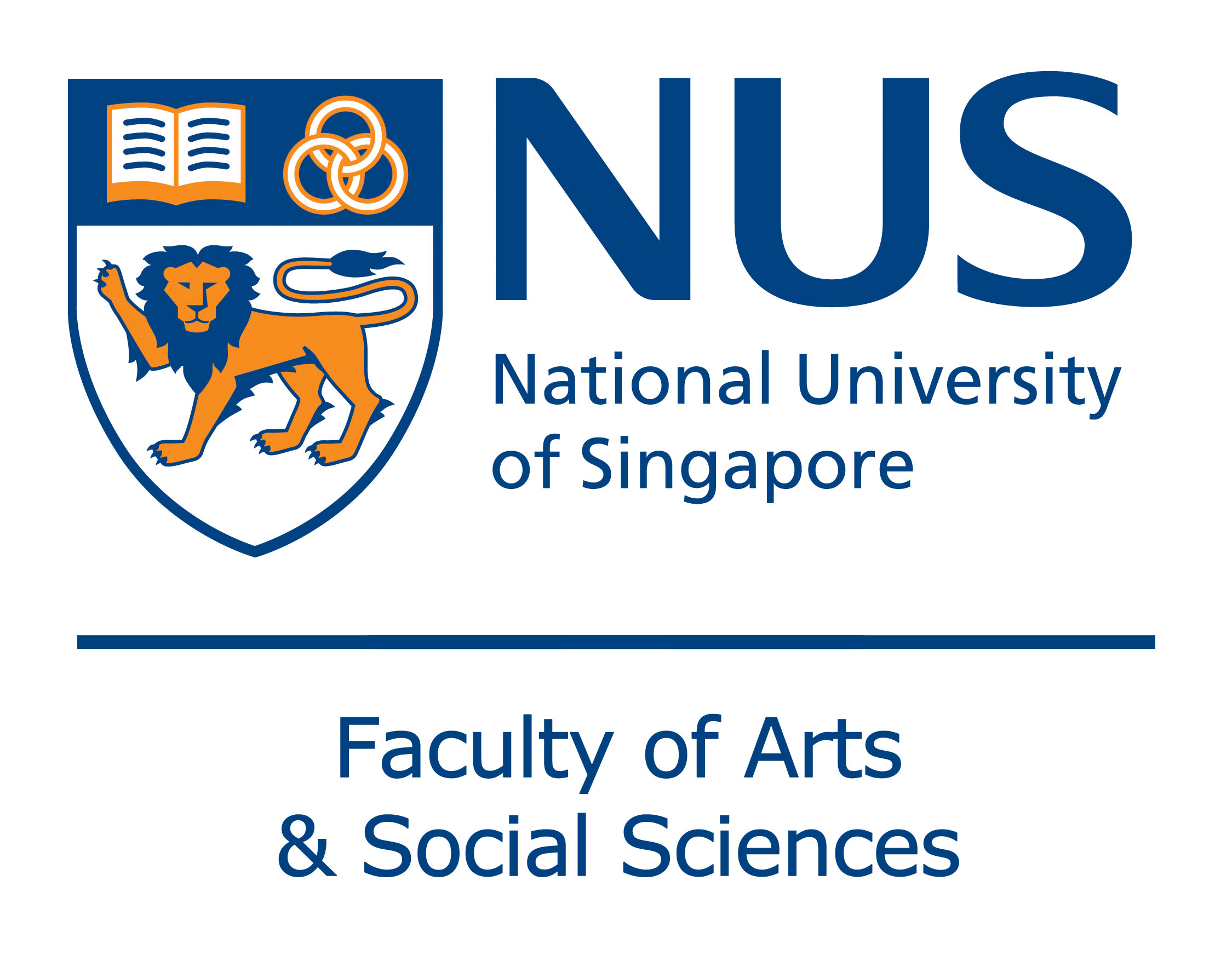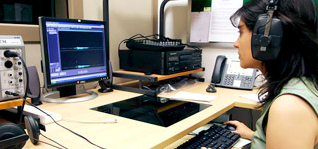Kep Kee Loh, Benjamin Zhi Hui Tan, and Stephen Wee Hun Lim
Computers in Human Behavior
Media multitasking behaviors are on the rise globally. This phenomenon extends to academic settings, and has implications for education that is predicated on computer-assisted technology, which may be a source of distractibility for, especially, heavy media multitaskers. We hypothesized that habitual media multitasking correlates negatively with video-recorded lecture learning performance, with mind wandering mediating this association. Eighty-one participants from the National University of Singapore first completed a media multitasking survey. They then studied Coursera video-recorded lectures, during which their mind wandering tendencies were assessed using direct probes. Finally, participants attempted a test relating to what they have studied. Four regression models were built to analyse the data, and revealed evidence that supported the present hypothesis, even after we controlled for phenomenological variables relating to learning (i.e., anxiety, mental fatigue, and prior subject knowledge). Implications and future directions are discussed in the article.
Loh, K. K., Tan, B. Z. H., & Lim, S. W. H. (2016). Media multitasking predicts video-recorded lecture learning performance through mind wandering tendencies. Computers in Human Behavior. (United States)



You must be logged in to post a comment.